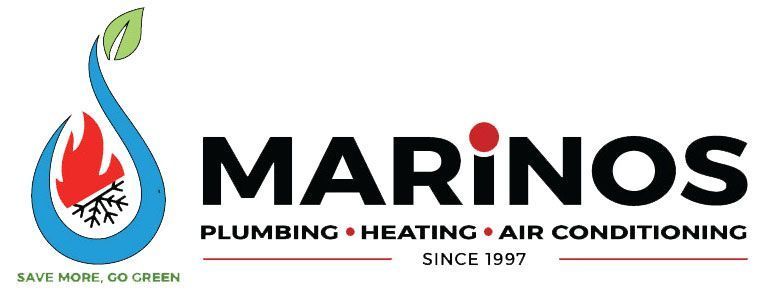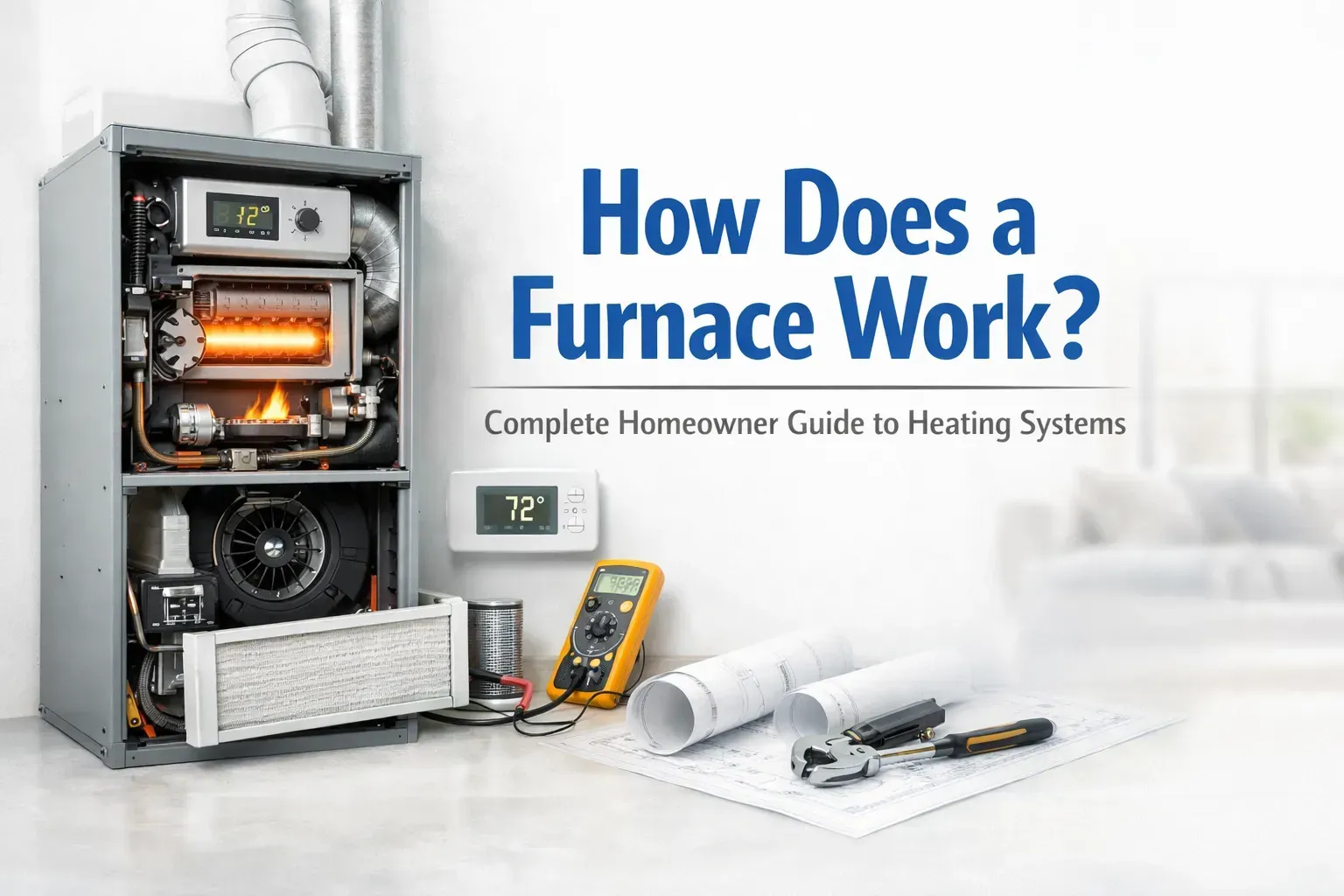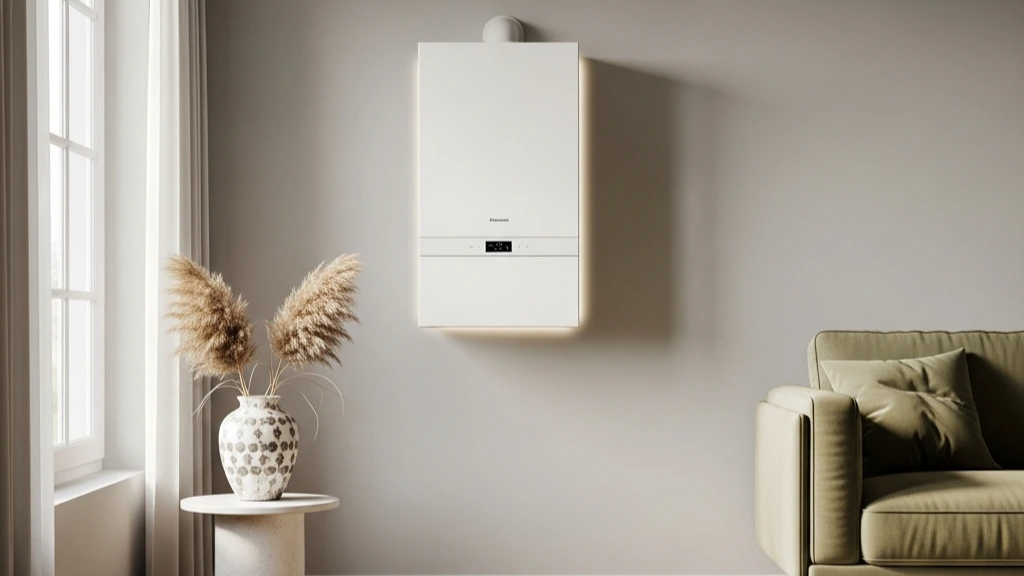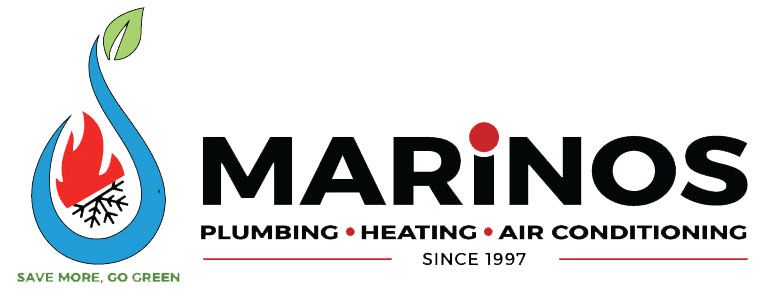Top 5 Furnace Brands in Canada: Which One Fits Your Budget?
When it comes to staying warm during Canada’s harsh winters, a reliable furnace is a must-have. But with so many options on the market, how do you choose the right one for your home and budget? In this guide, we’ll break down the top 5 furnace brands in Canada, their price ranges, and what makes each one stand out. Whether you’re looking for a new furnace price, considering a reconditioned furnace price, or planning for furnace installation, we’ve got you covered.

1. Lennox
Price Range:
3,000–
3,000–7,000+
Lennox is a household name in Canada, known for its high-efficiency furnaces and innovative technology. Their models often come with advanced features like variable-speed blowers and smart thermostat compatibility, making them a great choice for energy-conscious homeowners.
- Pros: Energy-efficient, quiet operation, long-lasting.
- Cons: Higher upfront cost compared to some brands.
- Best for: Homeowners willing to invest in premium quality and energy savings.
2. Carrier
Price Range:
2,500–
2,500–6,500+
Carrier is another trusted brand in the HVAC industry, offering a wide range of furnaces to suit different budgets. Their furnaces are known for their durability and consistent performance, even in extreme Canadian winters.
- Pros: Reliable, good warranty options, widely available.
- Cons: Mid-to-high price range.
- Best for: Those looking for a balance of quality and affordability.
3. Trane
Price Range:
3,000–
3,000–6,500+
Trane is synonymous with durability and efficiency. Their furnaces are built to last, with robust construction and advanced features like two-stage gas valves for better temperature control.
- Pros: Durable, energy-efficient, excellent customer support.
- Cons: Slightly higher installation costs.
- Best for: Homeowners prioritizing long-term reliability.
4. Goodman
Price Range:
2,000–
2,000–4,500+
Goodman is a budget-friendly option that doesn’t compromise on quality. While their furnaces may lack some of the bells and whistles of premium brands, they offer solid performance and are a popular choice for cost-conscious buyers.
- Pros: Affordable, reliable, easy to find parts.
- Cons: Basic features, shorter warranties.
- Best for: First-time buyers or those on a tight budget.
5. Rheem
Price Range:
2,500–
2,500–5,500+
Rheem strikes a balance between affordability and performance. Their furnaces are known for their user-friendly design and energy efficiency, making them a great option for families.
- Pros: Energy-efficient, easy to maintain, good warranty.
- Cons: Limited availability in some regions.
- Best for: Families looking for a dependable mid-range furnace.
New Furnace Price vs. Reconditioned Furnace Price
When shopping for a furnace, you’ll likely come across both new furnace prices and reconditioned furnace prices. Here’s a quick comparison to help you decide:
- New Furnace: A new furnace typically costs between
- 2,000and
- 2,000and7,000+, depending on the brand, efficiency rating, and furnace installation cost. While the upfront cost is higher, you’ll benefit from the latest technology, better energy efficiency, and a full warranty.
- Reconditioned Furnace: A reconditioned furnace can cost 30-50% less than a new one, making it an attractive option for those on a tight budget. However, keep in mind that these units may have a shorter lifespan and limited warranty coverage.
What to Expect with Furnace Installation
Furnace installation is a critical part of the process and can significantly impact the overall cost. Here’s what you need to know:
- Professional Installation: Always hire a licensed HVAC technician for furnace installation to ensure safety and efficiency.
- Installation Costs: Installation fees typically range from
- 500to
- 500to2,000, depending on the complexity of the job and your location.
- Timing: The best time for furnace installation is during the off-season (spring or summer) when HVAC contractors are less busy and may offer discounts.
How to Choose the Right Furnace for Your Budget
- Assess Your Needs: Consider the size of your home, your heating requirements, and your long-term energy goals.
- Compare Prices: Get quotes from multiple HVAC contractors to ensure you’re getting the best deal on both the unit and furnace installation.
- Check for Rebates: Many provinces in Canada offer rebates for high-efficiency furnaces, which can significantly reduce your upfront costs.
- Read Reviews: Look for customer reviews and ratings to gauge the reliability and performance of different brands.
Final Thoughts
Choosing the right furnace doesn’t have to be overwhelming. By understanding the furnace prices, features of the top brands in Canada, and the importance of professional furnace installation, you can make an informed decision that fits your budget and heating needs. Whether you opt for a new furnace or a reconditioned furnace, investing in a quality unit will keep your home warm and cozy for years to come.




